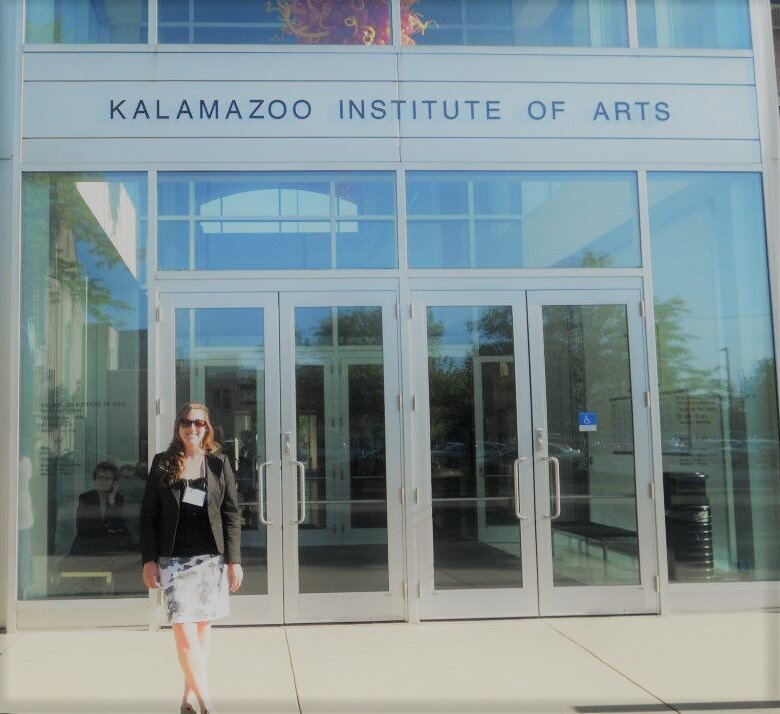Areas of Interest and Expertise
Teaching, Curriculum and Course Design, Best-Practices
Content Expertise:
Medieval and Early Modern Literature
Medieval Theology and Patristics
Medieval and Early Modern Philosophy
Theories of Selfhood and the Human Person, Personalism
Poetics
Feminist Theory and Theologies
Theology of the Body
Critical Disability Studies
Publications
“Wat ys a soull?’: Ontological Selfhood in Wisdom’s Opening Dialogue.” Under review in Literature and Religion.
Shepherd, Stephanie, Abigail Hornstein, Kathleen Muldoon, Katie Jo LaRiviere, Leigh Graham, Monica Schneider, and Rachel Wagner. “How to Mother a Child with Disabilities as an Academic: Online Community are Handbooks to the Unknown.” It Takes a Village: Academic Mothers Forming Online Communities. Edited by Sarah Trocchio, Lisa Hanasono, Rachael Dwyer, Jessica Jorgenson Borchert, and Jeanette Yih Harvie. (Accepted, pending final review)
Monica Schneider, Kathleen Muldoon, Katie Jo LaRiviere, Rachel Wagner, Abigail Hornstein, Leigh Graham, Stephanie Shepherd. “Caregiving, disability and gender in academia in the time of COVID-19.” ADVANCE Journal. (Forthcoming, May 2021)
“Play the Game but Refocus the Aim: Teaching WAW within Alternative Pedagogies.” Next Steps: New Directions for/in Writing about Writing. Ed. Barbara Bird, Doug Downs, I. Moriah McCracken, and Jan Rieman. Logan, UT: Utah State University Press, 2019.
“Lectio Divina and ‘Profitable’ Reading in Donne’s Devotions Upon Emergent Occasions.” In Philological Quarterly, 96.3 (2017).
Statement
My work develops useful terms from a medieval context of thought for theorizing a paradigm that regards human value as intrinsic and non-dependent on individual production or social competition. Grounded within a rich engagement with medieval and early modern studies, my research on selfhood and conscience writing has increasingly significant implications in other humanistic fields, such as critical race studies, feminist theology, gender studies, and disability studies. It illuminates present critical and social investments in power, choice, mobility, and agency that distort our view of the past and reinforce harmful views of human value as earned and taken through mechanisms of privilege and power. Finally, my research offers new insights about both the continuity and points of rupture between the medieval and early modern periods.
I am fascinated by the ways in which texts reveal the underlying assumptions and paradigms of their writers and audiences. I am interested in the ways these paradigms shift over time and reflect realities about the worlds in which texts are written and read. Why do different audiences respond to texts? What do they "get" from them? What do they contribute? What lessons can we learn from literature and how it is received? What new perspective can we gain from looking closer at the philosophical and cultural underpinnings of the texts we read? How can our world be improved as a result? These are just some of the questions that begin my research process.
I firmly believe in the power of humanities research as a way of thinking through complex issues we encounter in our everyday lives. The goal of my research and writing is to show how we can think creatively to solve problems, sustain relationships, and contribute to the well-being of our neighbors.
